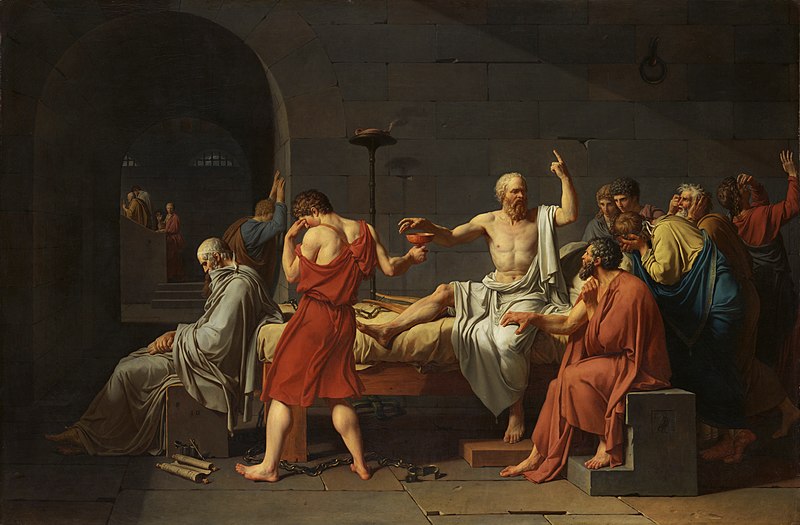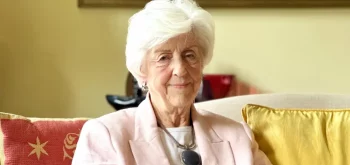How sad and alarming to read that Dr Dennis Eady, so powerful an advocate for victims of miscarriages of justice, now believes that the justice he has campaigned for is a mere delusion. The delusion, he argues, lies in ‘unquestioning faith’ that ‘the system demands and often receives’. He holds that justification by faith alone, like Lutheran dogma, props up the system.
His despair seems to me to rest on two false premises, one theoretical and the other practical.
The theoretical premise is that the concept of justice exists almost as an ethereal form, like a mathematical truth, if only we could realise it in the world. If it were, we would first need to define it. In Plato’s Republic, Socrates and his interlocutors talk about founding an ideal state based on justice. They offer different formulations: for Thrasymachus, the philosophical ancestor of Thomas Hobbes, justice is no more than the exercise of the will of the powerful over the weak; for Polemarchus, it is giving each man (sic) his due, but he does not tell us how to work out what each man is due: that’s left to later rights-theorists and Utilitarians. Socrates has justice as the correct alignment of the elements of our souls, which is not a formulation that gets you far in The Old Bailey. The point is that an idealist concept will always be contested and won’t command universal nor even local assent. So comparing our secular justice with the ideal will not only lead to disappointment but will end up with the bleak Eady vision of justice being a delusion.
On to the practical.
The notion of what is just depends on the legitimacy of the institutions that exist to uphold justice and prevent injustice. Ours live by basic principles such as hearing both sides of a case, having impartial courts, and only deciding issues on the basis of relevant evidence, and above all by acting according to the law. Without law, there would be no justice – only the Hobbesian war of all against all with the mighty prevailing until someone mightier came along. In other words, for justice to have any meaning and heft in practice, it has to be grounded in rules which those in its jurisdiction (or enough of them) willingly obey. The justice that the rules promote changes over time. Until 1898, criminal defendants were not allowed to give evidence on oath because it was considered that would be certain to lie and break their oaths, rendering themselves liable to divine as well as secular punishment – an unjust outcome. Now justice demands that they have the right. I maintain that it is the working of practices and procedures that gives us in the here and now the real meaning of ‘justice’.
Hence, blind faith is not required to see that justice is possible in our criminal courts. Confidence and trust suffice and have to be repeatedly earned. The family of a defendant convicted by a jury of murder is likely to think that justice has been done; so is one acquitted in a weak case. Members of the public who serve as jurors would be surprised by Dr Eady’s view that the justice they dispense is a delusion based on their unquestioning assumptions. As would judges and all those who dedicate themselves to making the institutions of law work better and campaign for change. Are they all deluded? I believe, through decades of first-hand experience rather than blind faith, that our practices and procedures are generally good enough.
Which is not say that our system of criminal justice is perfect. Its failings are manifest: poorly resourced, excessively punitive, too reactive to short-term political imperatives, too slow to correct the miscarriages of justice for which Dr Eady so tirelessly campaigns. If justice were a delusion, it would not be worth fighting for. We are on board a ship which we must repair at sea with the tools at hand. I do not believe that abandoning the goal of justice is the answer.







